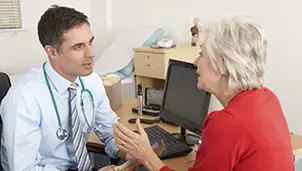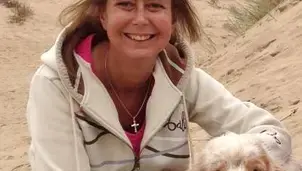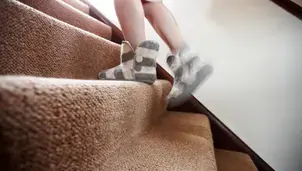Idiopathic pulmonary fibrosis (IPF)
This information is about idiopathic pulmonary fibrosis (IPF). Here we provide support for those who have been diagnosed with IPF, as well as information about the condition. We also share stories about people living with IPF.










